Rob Zombie’s “Halloween II” not as successful as his first franchise remake
By Mitch Ringenberg
<mringenberg@hilite.org>
For the most part, modern horror films are devoid of originality. They all abide to the same dull, predictable formula that has been applied to the genre’s films for the past 30 years or so. So when a film from this very limited category actually attempts something new or out-of-the-ordinary, credit should be given where it is due. Unfortunately, this kind of risk-taking doesn’t completely save “Halloween II” from its major flaws.
Musician-turned-director Rob Zombie is somewhat new to the filmmaking game, making his directorial and screenwriting debut with “House of 1000 Corpses” in 2003. Zombie’s skills as a filmmaker are in fact much more considerable and unique than many (most) would expect. His first film, along with its sequel, “The Devil’s Rejects” were by no means smash hits at the box office, however, a few prominent critics and a lot of horror fans took notice of the films’ interesting style which is reminiscent of the ultraviolent exploitation films circa ‘70s.
In 2007, Zombie succumbed to the temptation of a fat studio paycheck and agreed to remake John Carpenter’s highly acclaimed 1978 film, “Halloween.” The critical reception was overly negative; however, its box office success temporarily revived the dying franchise, guaranteeing itself a sequel.
Whereas Zombie’s first entry tried to follow the original story line at least somewhat accurately, “Halloween II” is a different film altogether, bearing literally no resemblance to anything else in the series.
The plot is fairly standard. Masked psychopath Michael Myers is back after being shot in the head at the end of the last film. After a very quick recovery, Myers sets out to find and do away with his little sister, Laurie, who narrowly escaped him the last time around. Along the way, the film delves into bizarre and unnecessary subplots involving Michael’s interior motives and his former psychological.
The first twenty minutes are superb, providing the film’s most tense and effectively brutal moments. The tone set here is one of gritty realism, and where the majority of movies in this genre seek out ways to kill people in the most creative or gory manner possible (“Saw,” “Final Destination”), “Halloween II” simply wants to shock audiences with unrelenting brutality. While this isn’t necessarily an admirable goal, many of the scenes here work simply because of the realistic and unflinching manner they’re portrayed in. If the thought of someone crushing another person’s head in with their boot heel makes you feel uncomfortable, this might not be your kind of movie. Zombie wants to portray the character of Michael Myers as simply an emotionless killer, and even when the film explains how he became that way, you never feel any sympathy for him.
The film’s saving grace is its unique visual style and tone. The cinematography and lack of music give the film a feel similar to the original “Texas Chainsaw Massacre” and other gritty horror classics. If only the writing had the same kind of flair as the visuals, “Halloween II” could easily be considered a great film.
Many scenes in the movie come off as unintentionally funny, due to the poor acting of almost everyone portrayed on screen. There are a few exceptions, notably Malcolm McDowell and Brad Dourif as the film’s only interesting characters, however, the casting of Scout Taylor-Compton as the film’s protagonist, Laurie Strode, is unforgivable. Any scenes requiring dramatic acting chops turn into cruel jokes as soon as she’s permitted to utter any dialogue. Almost as bad is unknown child actor Chase Wright Vanek as a young Michael Myers. Admittedly, not much should be expected out of an actor whose age is presumably around ten, but when your character has a total of roughly eight lines, the acting shouldn’t be that noticeably terrible.
Finally, the film’s ending is not only implausible, but cheesy and unnecessary as well. Zombie had noble intentions in wanting to provide moviegoers with a surprise ending that didn’t follow the generic “slasher” formula, but it comes off as laughable, and worst of all, uninteresting.
Zombie is a surprisingly talented director with a keen eye for the brutal and bizarre, and one who will hopefully begin to focus more on his distinct style rather than trying to reboot a long-dead franchise. In the end, “Halloween II” is a frustrating film that has immense potential, but squanders it with unsympathetic characters, some atrocious acting and an overly ambitious plot.















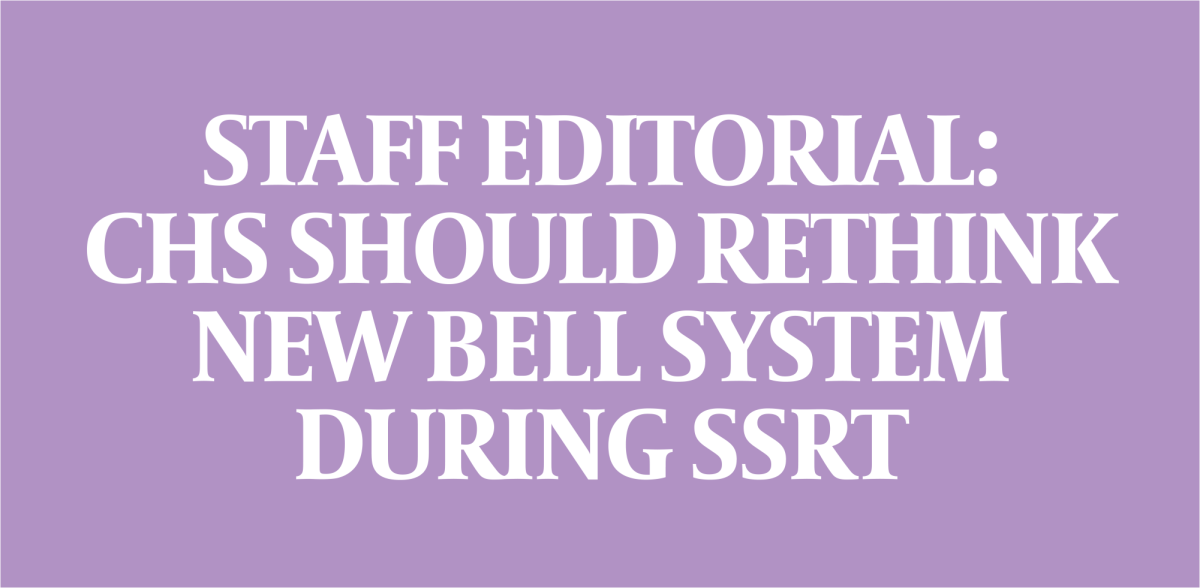
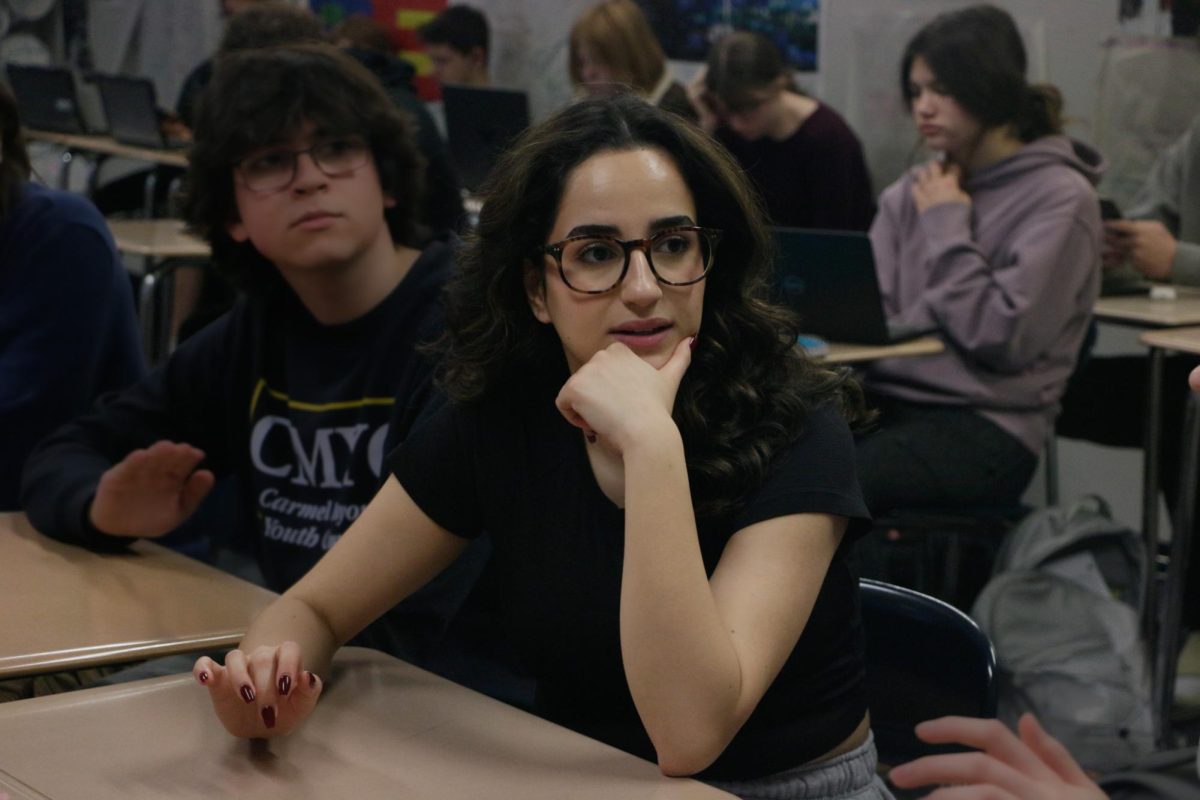

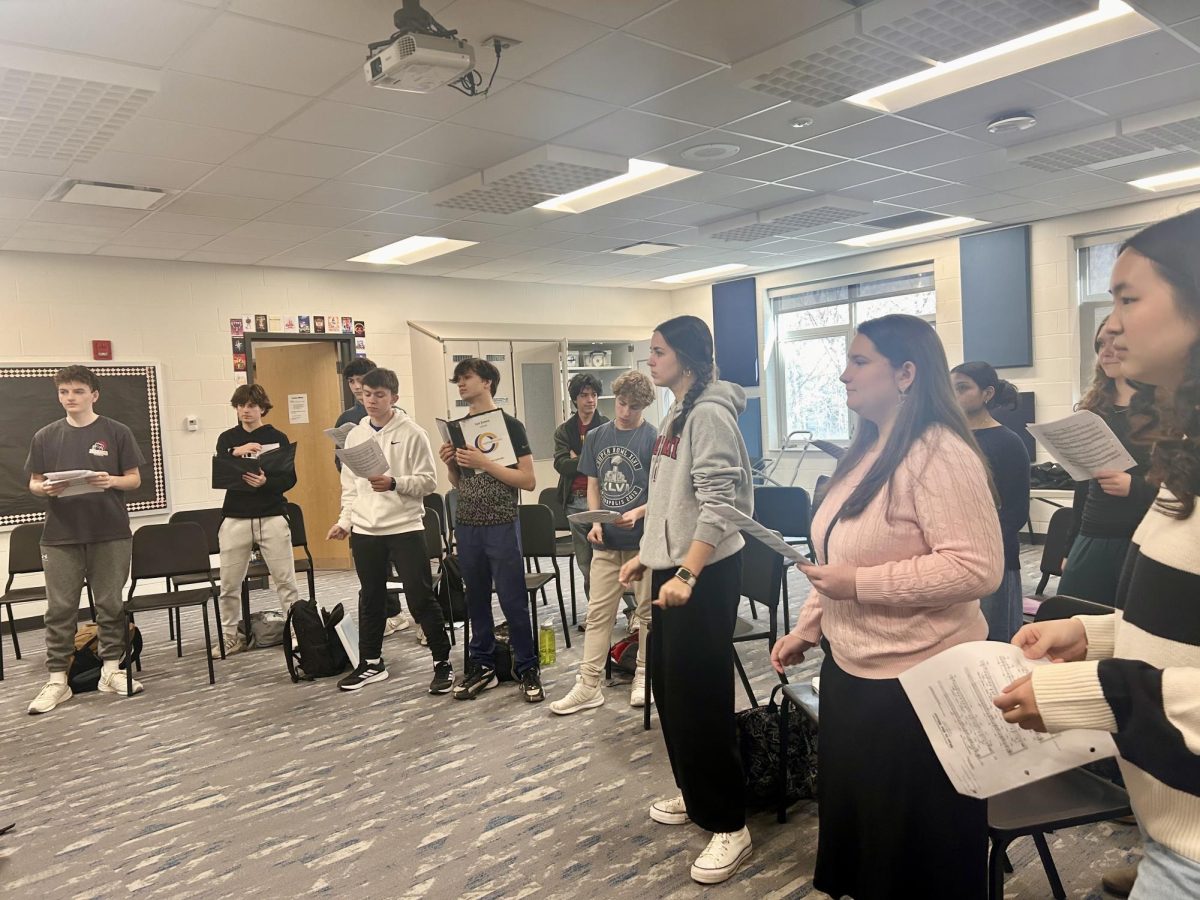






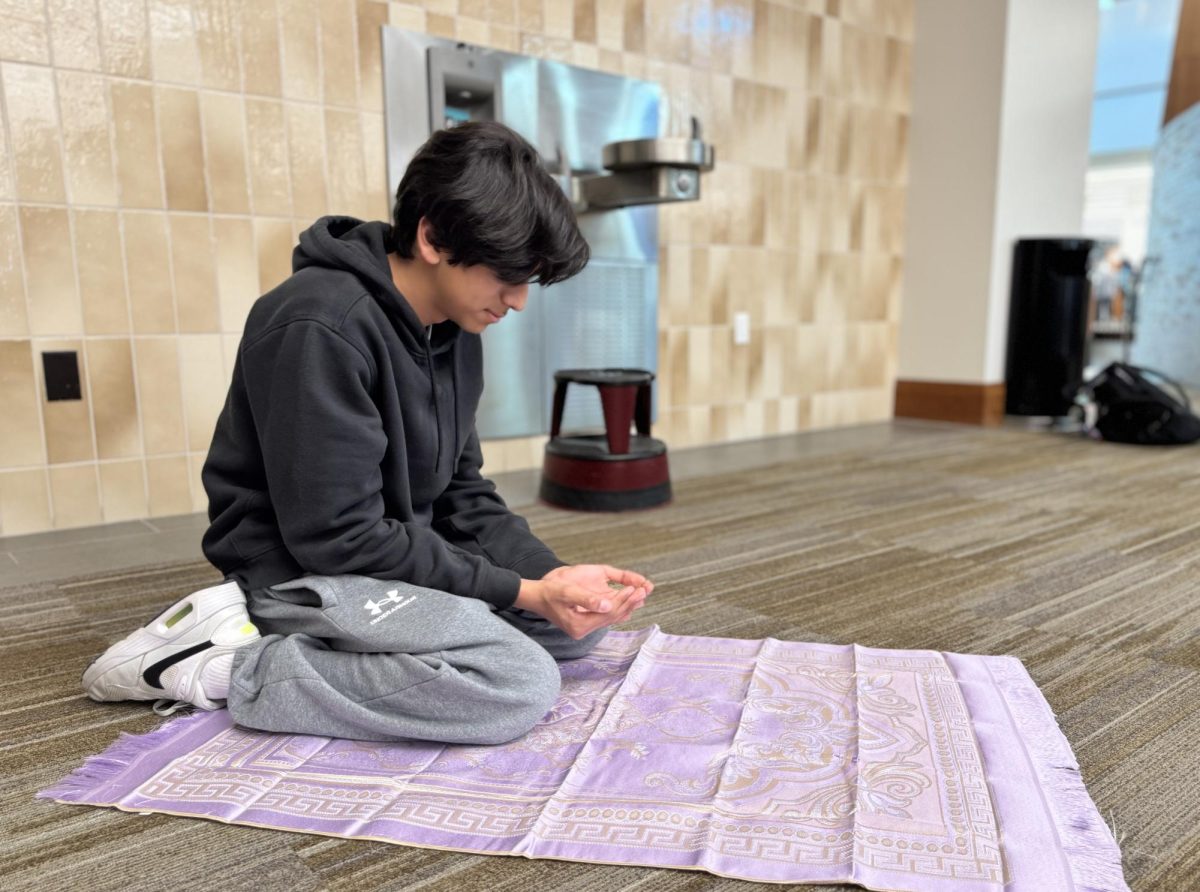





![AI in films like "The Brutalist" is convenient, but shouldn’t take priority [opinion]](https://hilite.org/wp-content/uploads/2025/02/catherine-cover-1200x471.jpg)


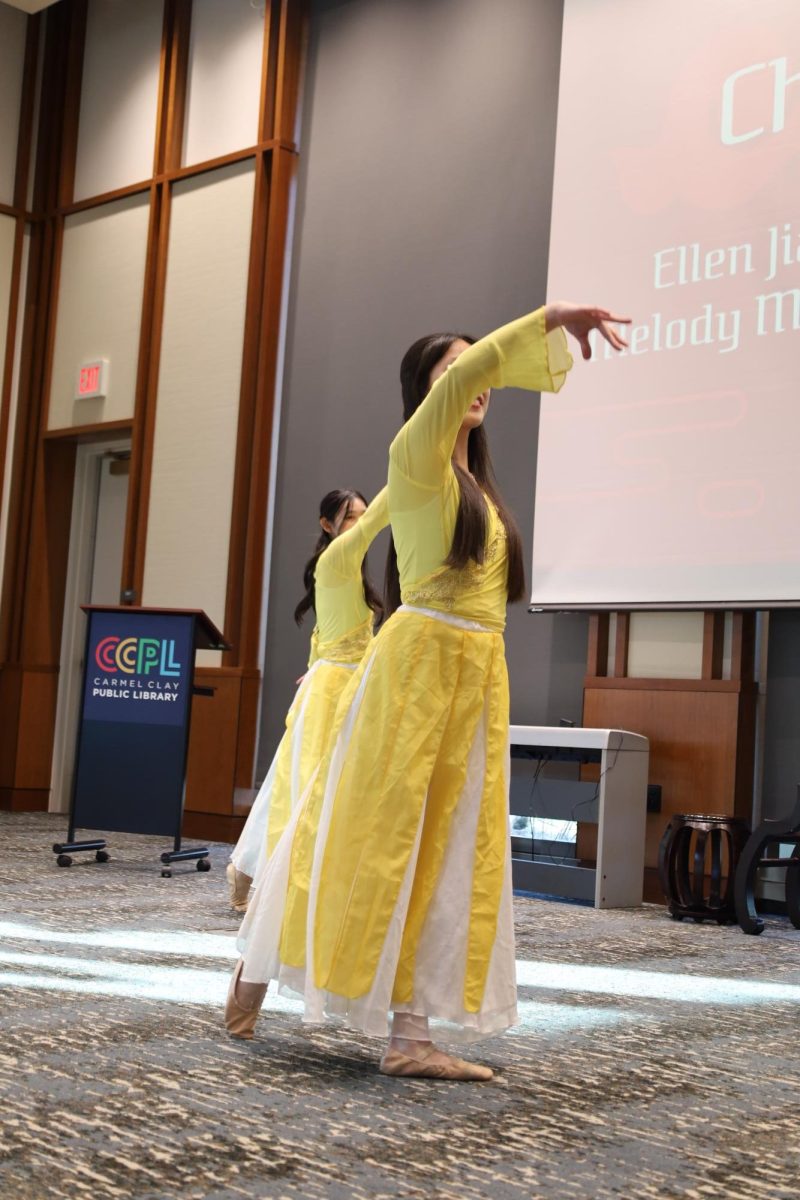










































![Review: “The Immortal Soul Salvage Yard:” A criminally underrated poetry collection [MUSE]](https://hilite.org/wp-content/uploads/2025/03/71cju6TvqmL._AC_UF10001000_QL80_.jpg)
![Review: "Dog Man" is Unapologetically Chaotic [MUSE]](https://hilite.org/wp-content/uploads/2025/03/dogman-1200x700.jpg)
![Review: "Ne Zha 2": The WeChat family reunion I didn’t know I needed [MUSE]](https://hilite.org/wp-content/uploads/2025/03/unnamed-4.png)
![Review in Print: Maripaz Villar brings a delightfully unique style to the world of WEBTOON [MUSE]](https://hilite.org/wp-content/uploads/2023/12/maripazcover-1200x960.jpg)
![Review: “The Sword of Kaigen” is a masterpiece [MUSE]](https://hilite.org/wp-content/uploads/2023/11/Screenshot-2023-11-26-201051.png)
![Review: Gateron Oil Kings, great linear switches, okay price [MUSE]](https://hilite.org/wp-content/uploads/2023/11/Screenshot-2023-11-26-200553.png)
![Review: “A Haunting in Venice” is a significant improvement from other Agatha Christie adaptations [MUSE]](https://hilite.org/wp-content/uploads/2023/11/e7ee2938a6d422669771bce6d8088521.jpg)
![Review: A Thanksgiving story from elementary school, still just as interesting [MUSE]](https://hilite.org/wp-content/uploads/2023/11/Screenshot-2023-11-26-195514-987x1200.png)
![Review: "When I Fly Towards You", cute, uplifting youth drama [MUSE]](https://hilite.org/wp-content/uploads/2023/09/When-I-Fly-Towards-You-Chinese-drama.png)
![Postcards from Muse: Hawaii Travel Diary [MUSE]](https://hilite.org/wp-content/uploads/2023/09/My-project-1-1200x1200.jpg)
![Review: "Ladybug & Cat Noir: The Movie," departure from original show [MUSE]](https://hilite.org/wp-content/uploads/2023/09/Ladybug__Cat_Noir_-_The_Movie_poster.jpg)
![Review in Print: "Hidden Love" is the cute, uplifting drama everyone needs [MUSE]](https://hilite.org/wp-content/uploads/2023/09/hiddenlovecover-e1693597208225-1030x1200.png)
![Review in Print: "Heartstopper" is the heartwarming queer romance we all need [MUSE]](https://hilite.org/wp-content/uploads/2023/08/museheartstoppercover-1200x654.png)

